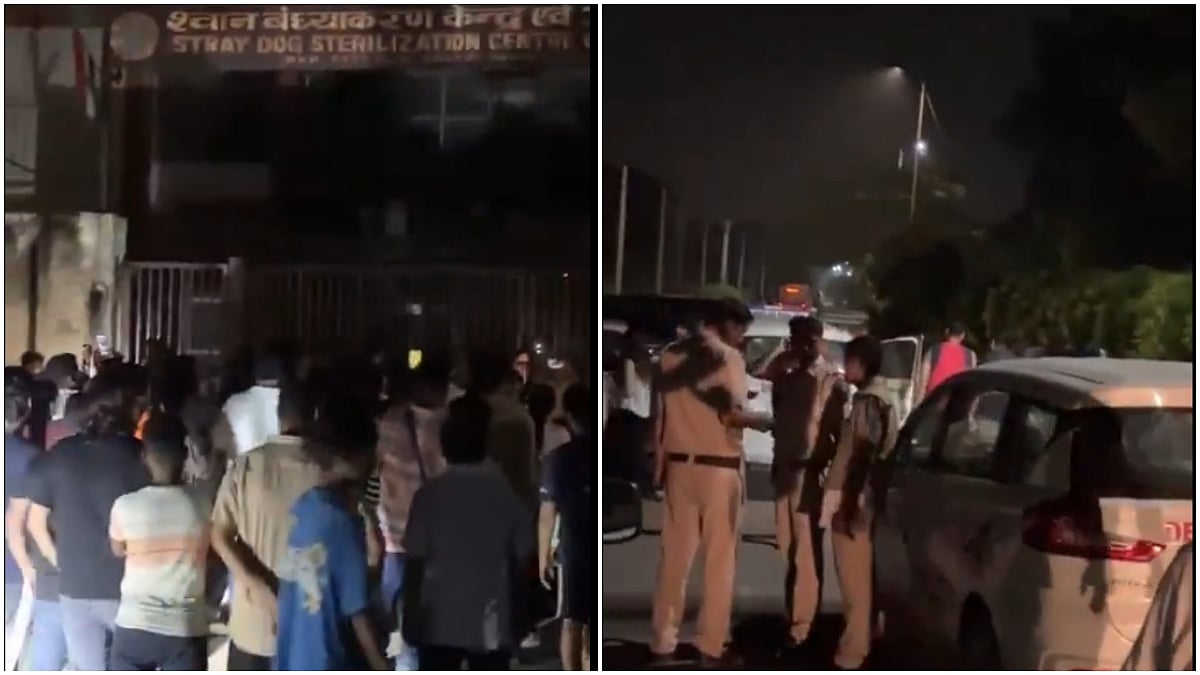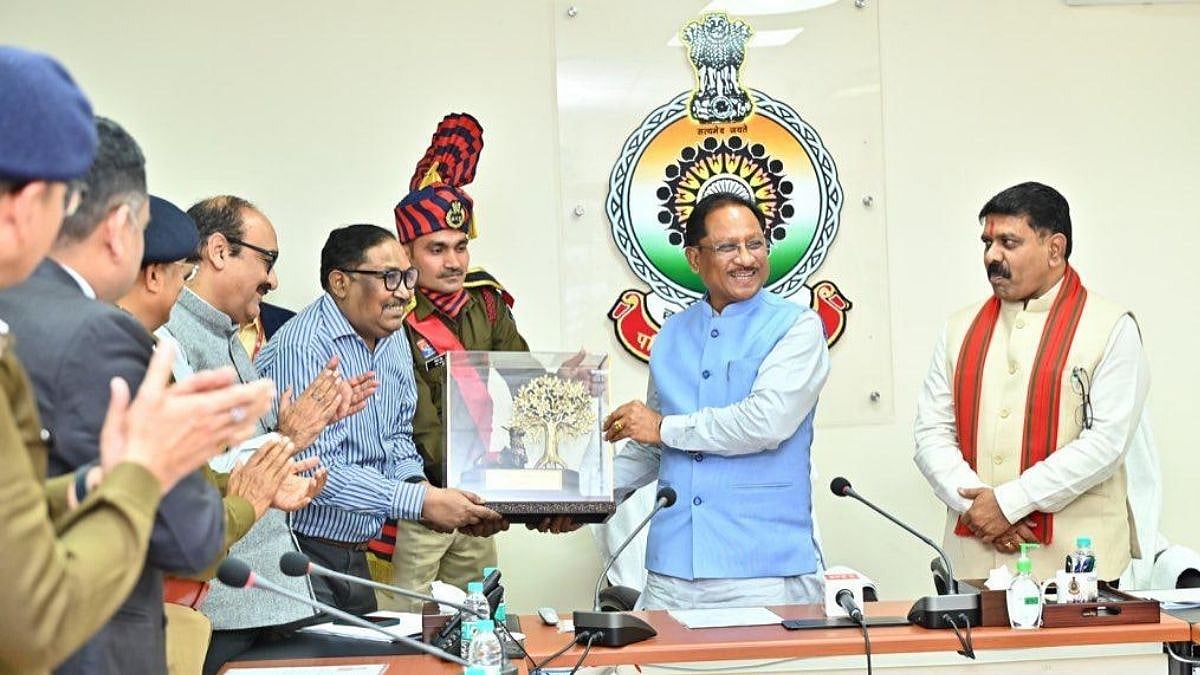New Delhi: A ruckus erupted outside a sterlisation shelter in Delhi Rohini on the intervening night of Friday and Saturday. Volunteers alleged cruelty against dogs inside the ABC shelter located in Sector 27 of Rohini. They also shared a video of dogs from inside the shelter.
The protesters alleged that the dogs inside the shelter are being killed by officials. Several videos and images of the protest also surfaced online. A heavy police deployment has been made in the area. Some volunteers even claimed that the police used force against them.
In one of the video, a dog lover could be seen alleging that officials are doing experiments on dogs. He further claimed the condition of the sterlisation shelter was pathetic and a foul smell was emanating from the building. The activist claimed that officials are involved in the trade of "dog meat".
On Saturday morning, an animal-right activist named Sankshey Babber, claimed that 103 dogs from the Rohini shelter home have been freed. He alleged that it was not about the dog shelter in Rohini, but the condition of all the shelters in Delhi is pathetic.
The protesters outside the dog shelter in Rohini erupted on the day when the its August 11 order, in which the top court directed authorities to shift all stray dogs in Delhi-NCR to shelters.
Supreme Court's Latest Order On Stary Dogs:
In the latest order, the Supreme Court ordered the release of stray dogs after sterilisation. The verdict was passed by a three-judge bench of Justices Vikram Nath, Sandeep Mehta, and NV Anjaria.
The Supreme Court directed the authorities to keep aggressive and rabid in shelters. The top court ordered that the Municipal Corporation of Delhi (MCD) should create feeding areas in municipal wards.
The court said that if a public servant is obstructed from doing their duty, they will be liable.
The Supreme Court also expanded the ambit of its proceedings on the menace of stray dogs and issued notice to Secretaries of department of Animal Husbandry in all states and Union Territories. The top court sought their response on framing a national policy to deal with the problem.
In the August 11 judgment, a bench of Supreme Court Justices JB Pardiwala and R Mahadeva had ordered that all stray dogs in Delhi-NCR should be shifted to to shelters within eight weeks. The order was issued after the top court on July 28 took a sou moto cognisance of the rising incidents of dog bites in Delhi-NCR.









